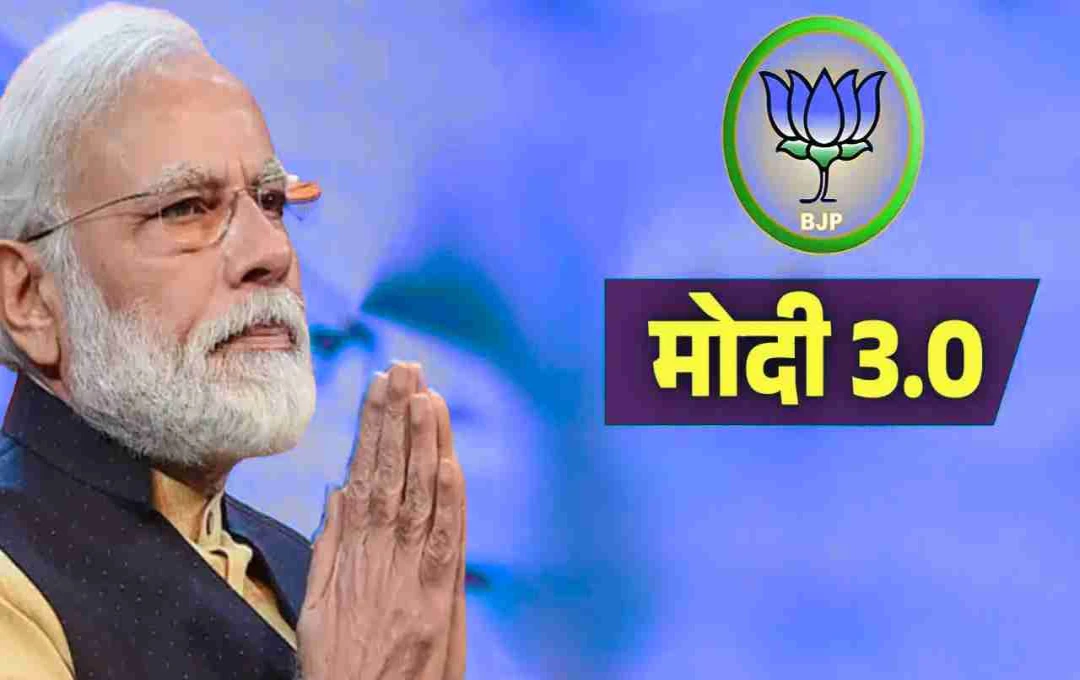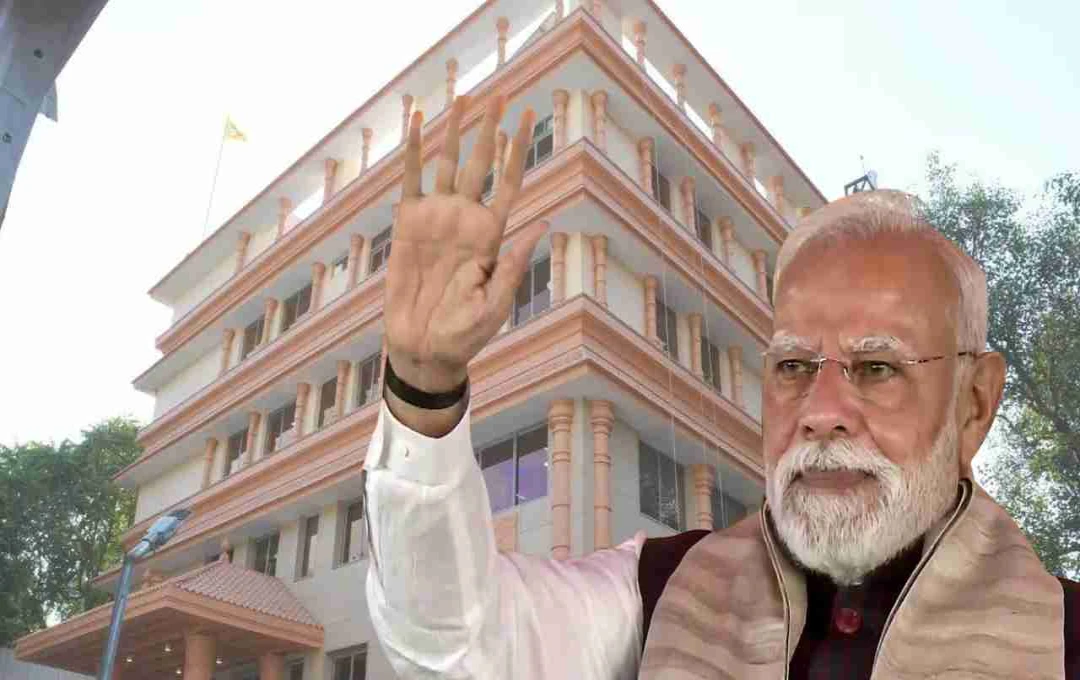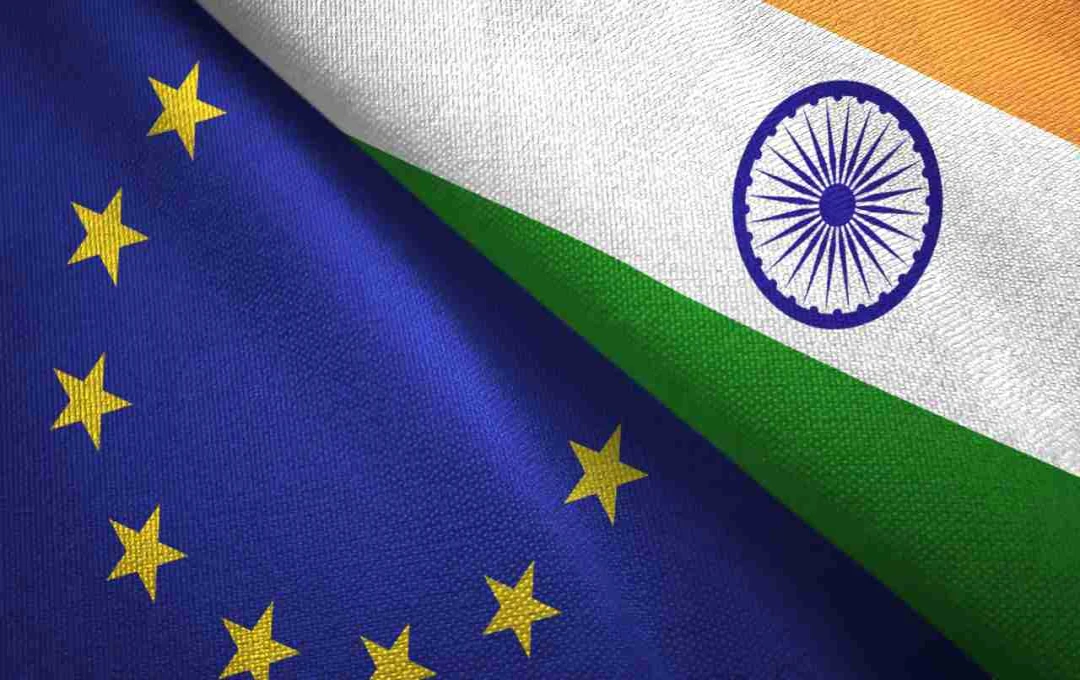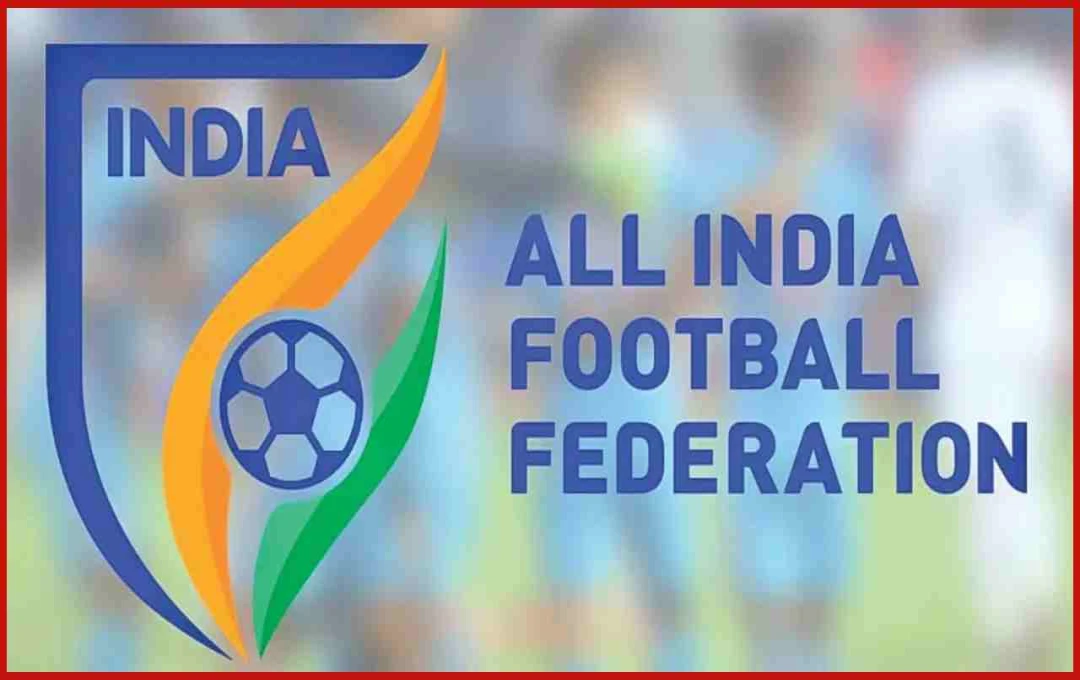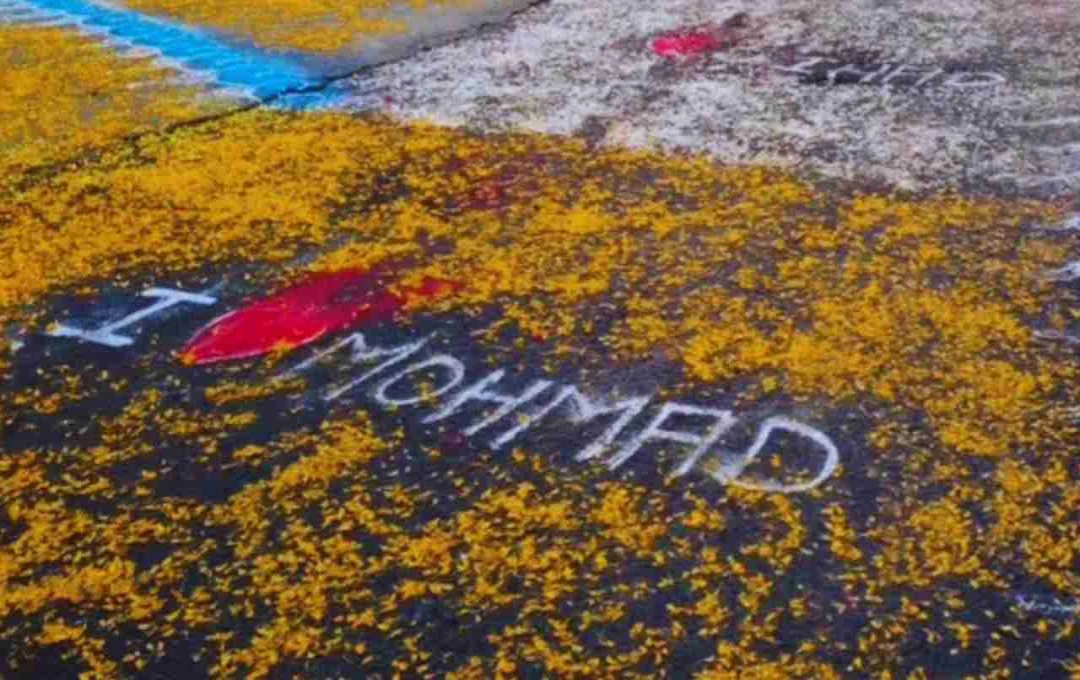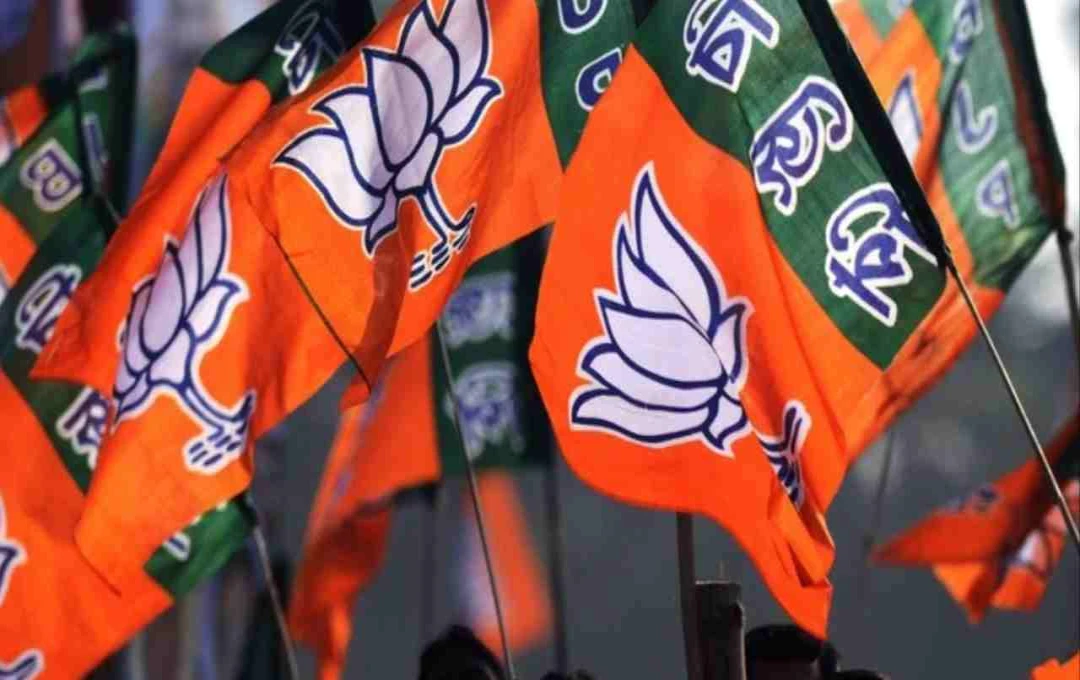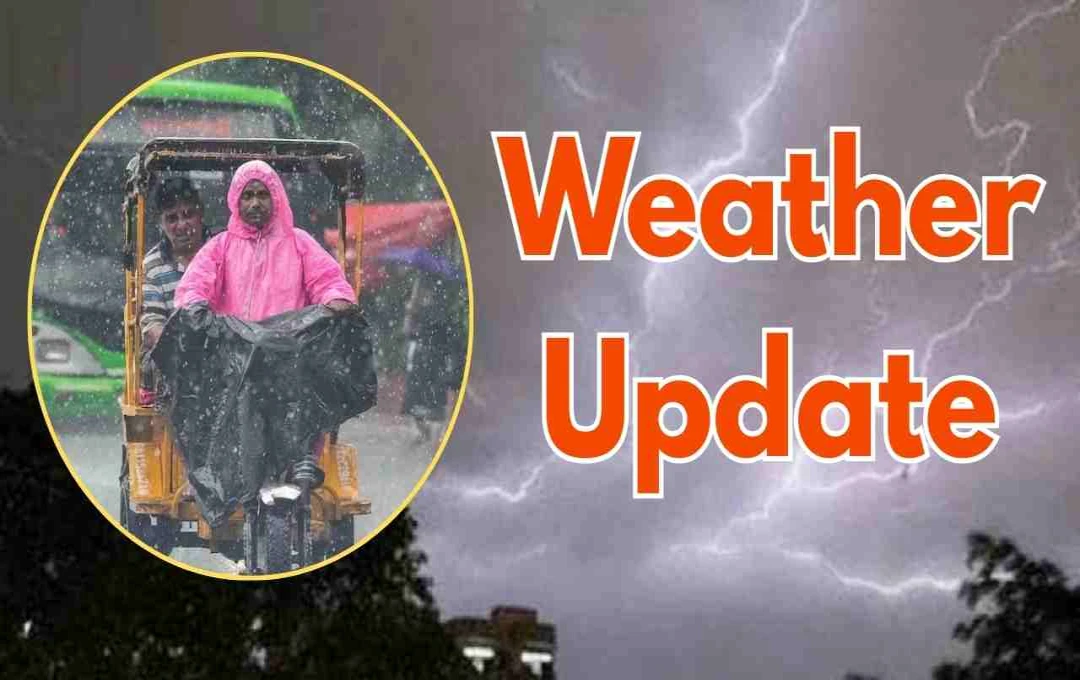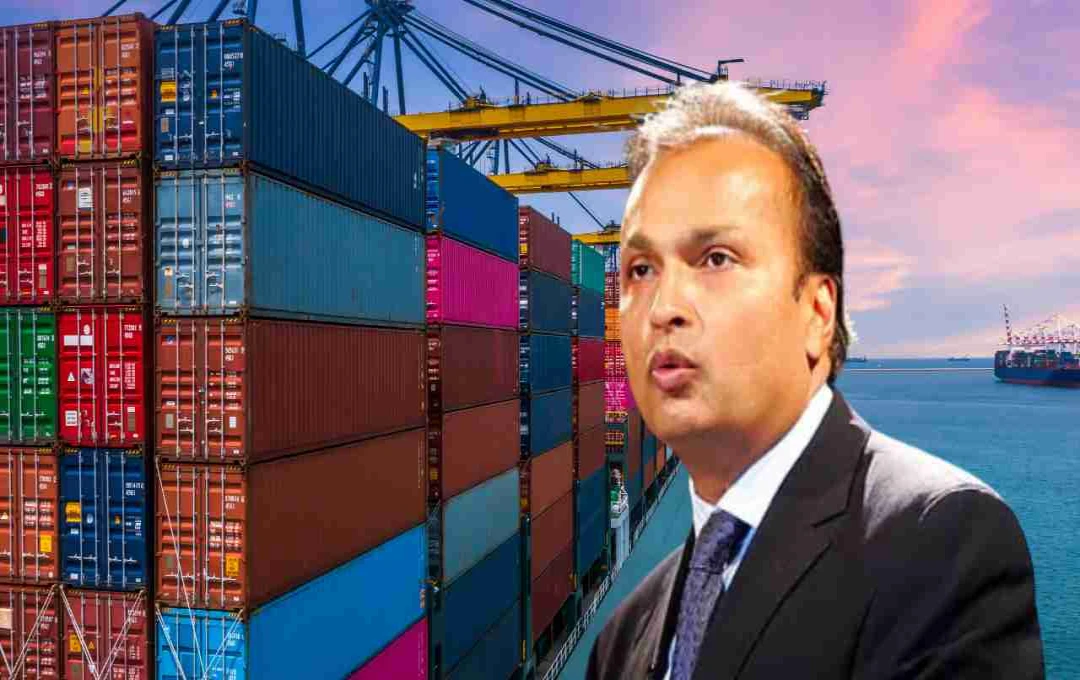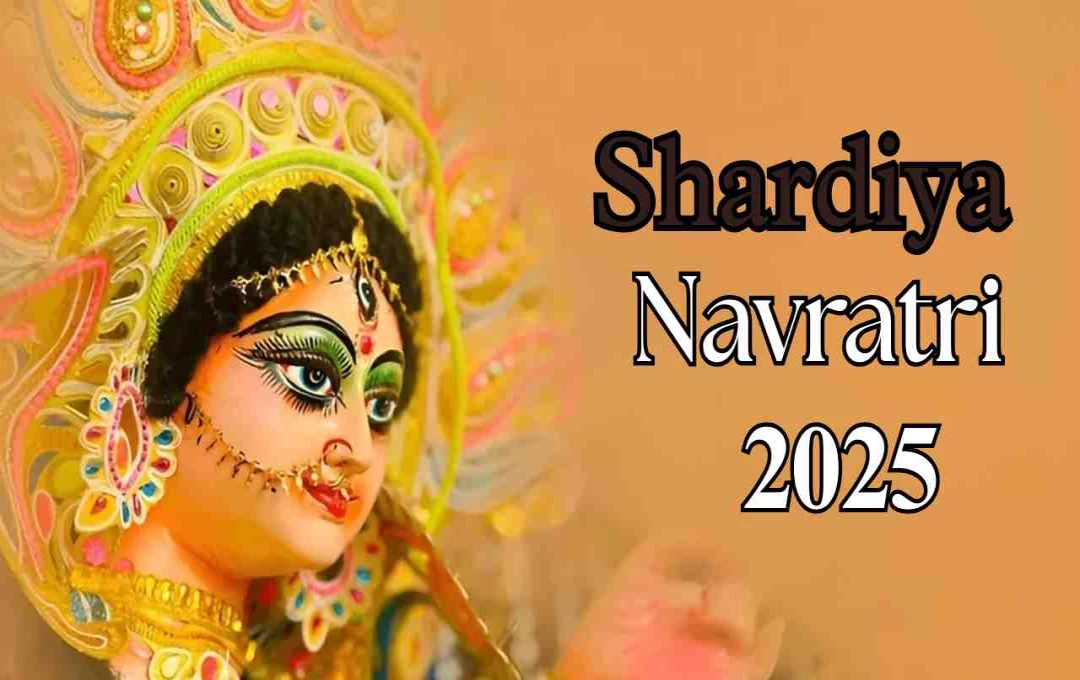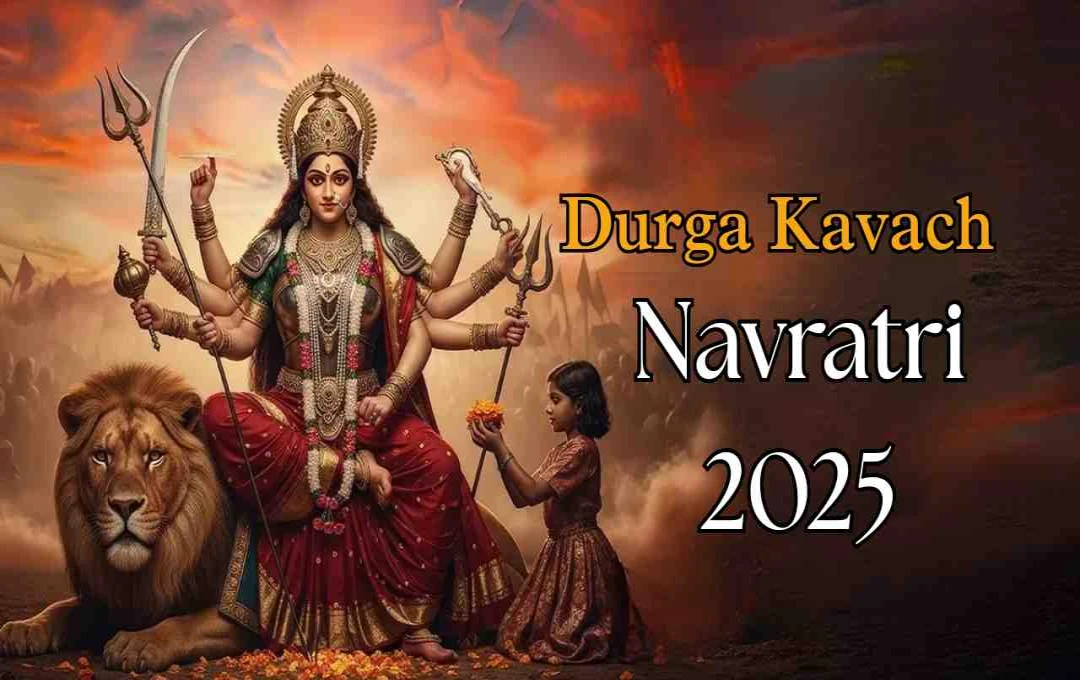Modi Government 3.0 took several decisive decisions in its first year, including Operation Sindur, income tax cuts, and One Nation, One Election. The government's priorities were national security, middle-class relief, and rapid development.
PM Modi: The first year of Modi's third term was filled with decisive and transformative decisions. From tax breaks to Operation Sindur, the government took b and effective measures. Decisions like 'One Nation, One Election' and the 'Waqf Amendment Bill' also caused significant upheaval in the political and social fabric.
1. One Nation, One Election: A major change in the electoral system
In its first year, the Modi government introduced the 'One Nation, One Election' proposal in Parliament, giving a new direction to the political debate. On December 18, 2024, during the winter session of Parliament, the government presented this proposal in the Lok Sabha amidst b opposition. The bill has been referred to a Joint Parliamentary Committee (JPC) for further consideration. Its aim is to reduce the expenditure and administrative pressure caused by frequent elections.
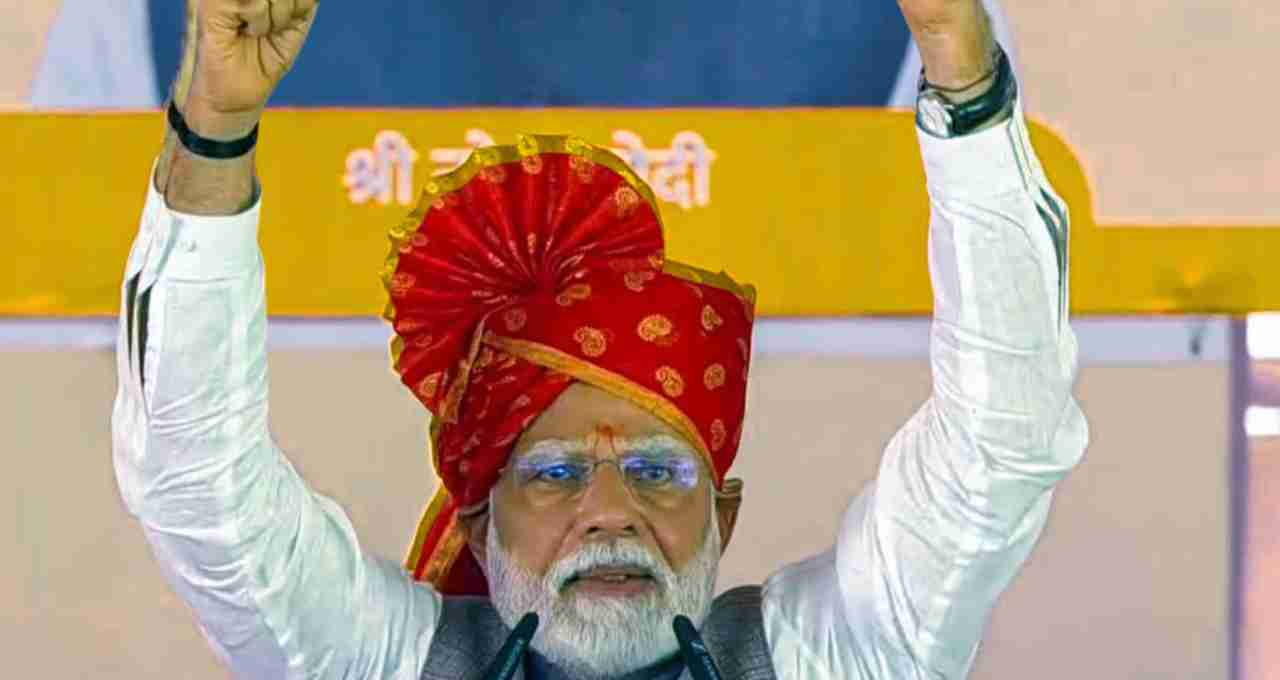
2. Tax Relief: Significant relief for the middle class
In the 2025-26 budget, the Modi government took a historic decision for salaried individuals and the middle class. Finance Minister Nirmala Sitharaman announced that there would be no income tax on annual incomes up to ₹12 lakh. Additionally, salaried individuals will receive an additional tax benefit of up to ₹75,000. This decision has provided relief to over one crore taxpayers.
3. Waqf Amendment Bill: New regulations on religious properties
The government passed the Waqf Amendment Bill, making significant changes to the Waqf Act. Under this, an individual must be a practicing Muslim for at least five years to declare any property as Waqf. Furthermore, the provision of 'Waqf by User' has been abolished. This change aims to prevent illegal occupation and misuse of religious properties.
4. Indus Waters Treaty Suspension: A tough stance against Pakistan
Following a terrorist attack in Pahalgam, Jammu and Kashmir, that killed 26 tourists, the Indian government announced the suspension of the Indus Waters Treaty. This treaty was signed between India and Pakistan in 1960. This decision was taken at a high-level meeting chaired by PM Modi. Pakistan has been officially informed of this decision. This move is being seen as a major shift in India's stance towards Pakistan.
5. Operation Sindur: Retaliatory action against terrorism
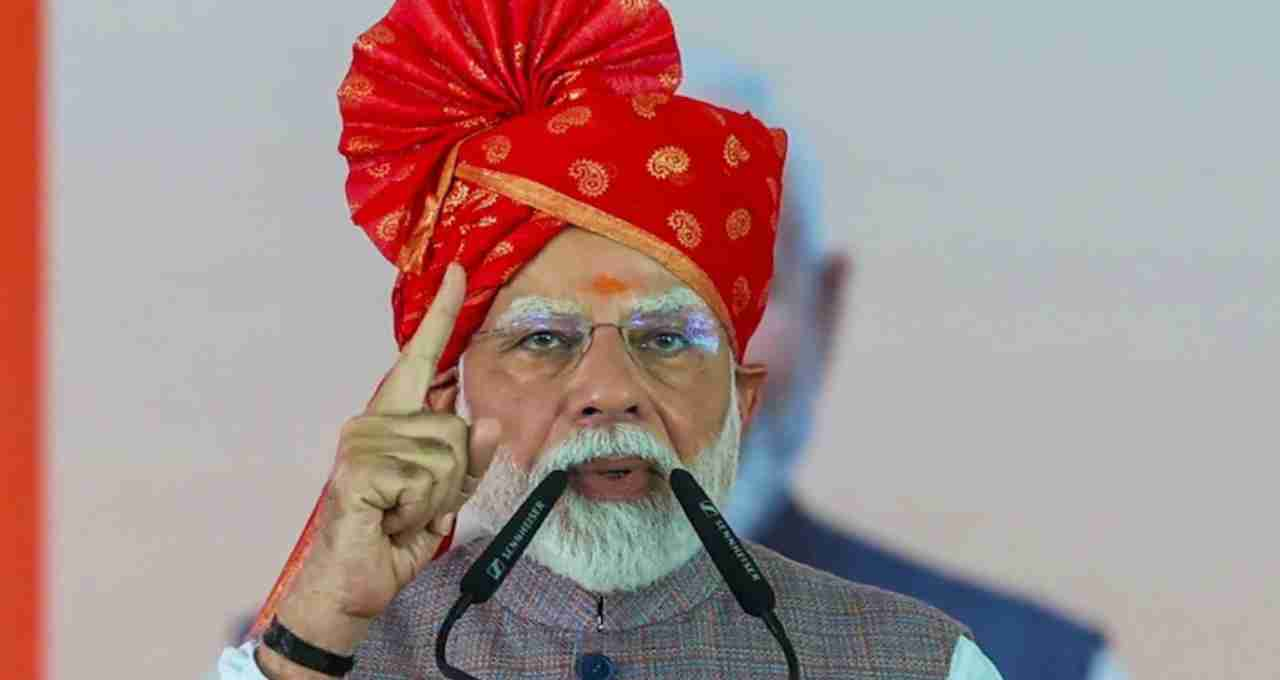
In response to the Pahalgam attack, India launched 'Operation Sindur' on the nights of May 6 and 7. The Indian Army destroyed nine terrorist bases in Pakistan-Occupied Kashmir (PoK) and Punjab province using missile strikes. This operation lasted 22 minutes, after which Pakistan attempted a retaliatory strike, which was thwarted by the Indian Army. A war-like situation prevailed for four days, but ultimately, India clarified its military and diplomatic position to Pakistan. The Indian government also clarified that any future terrorist attack would be considered an "act of war."
6. Caste Census: A new initiative for social data
The Modi government's Cabinet Committee decided to conduct a caste census along with the 2027 census. This will be the first time the central government will officially collect detailed data on castes. This will help improve social welfare schemes. The government has taken this step towards social justice and inclusive development.
7. Inauguration of Chenab Bridge: A revolutionary step in connectivity
On June 6, 2025, Prime Minister Narendra Modi inaugurated the Chenab Bridge, the world's highest railway bridge. Taller than the Eiffel Tower, its cost is estimated at ₹1500 crore. Along with the launch of the Vande Bharat train from Katra to Srinagar, this bridge has connected Kashmir to other parts of the country throughout the year. This project, stalled since 1983, is now complete and is considered one of the major achievements of Modi Government 3.0.
